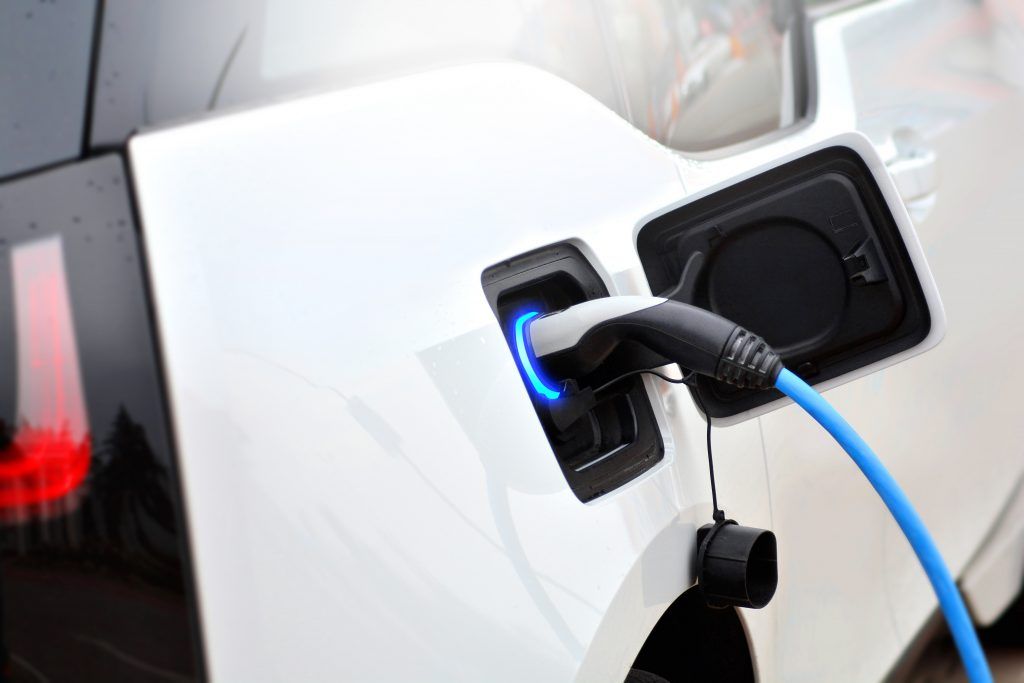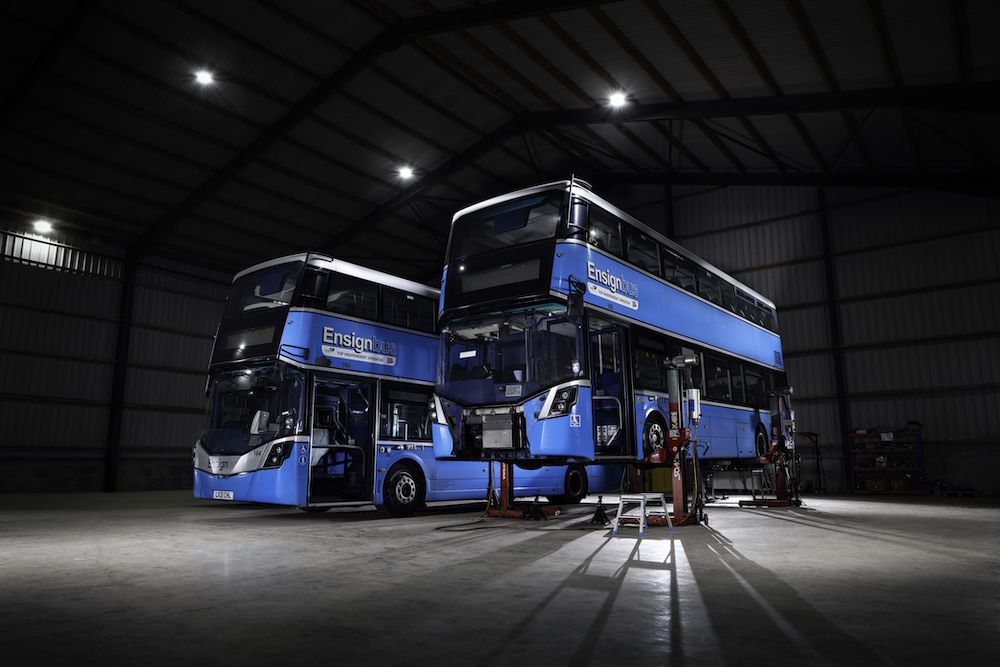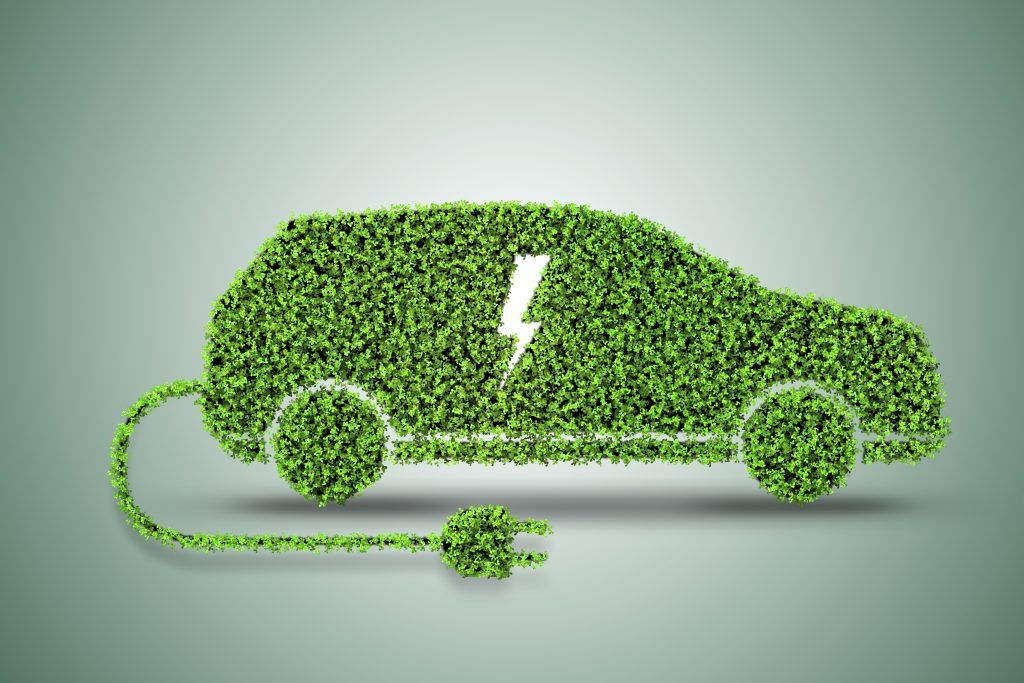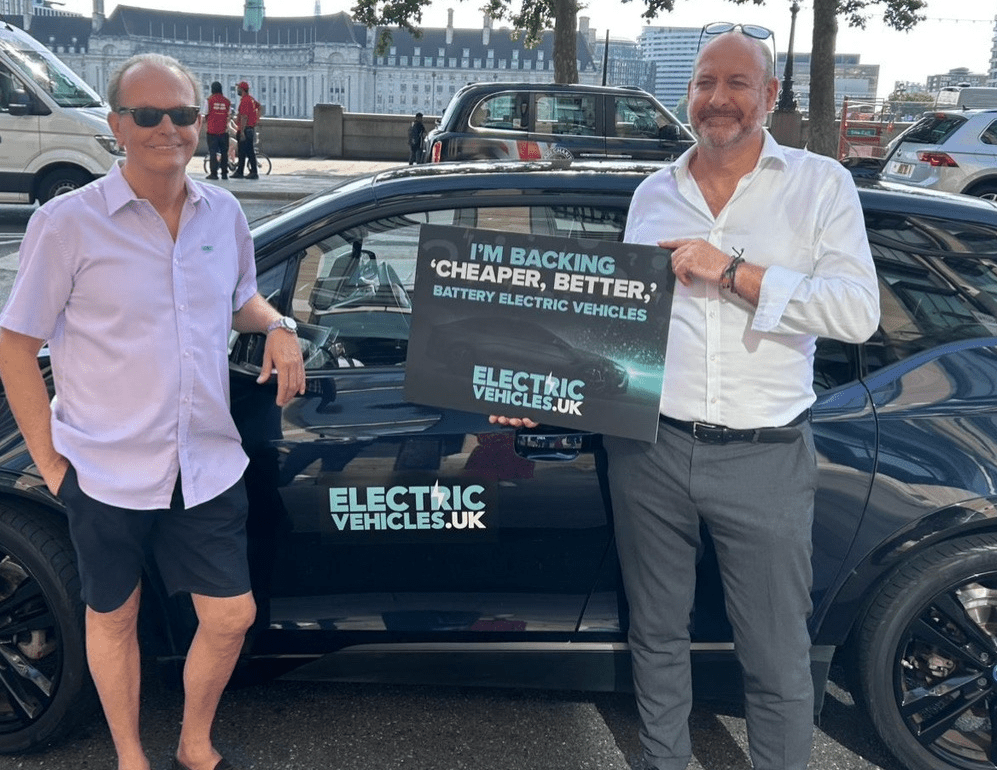The cost of rapid and ultra-rapid public electric vehicle (EV) chargers stopped rising in September with prices also likely to begin falling soon, according to data from RAC Charge Watch.
Currently, it costs 71.41p per kilowatt hour (kWh) to rapidly charge an EV on a pay-as-you-go basis, which is up from 63.29p last year.
But crucially the price has remain unchanged since last month, costing £36.56 to charge a family-sized EV to 80%.
Ultra-rapid chargers are now 74.81p per kWh, which is a cost of £38.30.
Electricity prices are due to fall soon, according to the RAC, a reduction in prices charged to charge point operators (CPOs) will be forthcoming, reducing the cost to the consumer.
Domestic charging is still much cheaper at £15.36 for an 80% charge or £19.20 for a full charge. These prices are also expected to fall by around £2 as the new energy price cap is introduced.
RAC spokesman Rod Dennis said: “The fact charging prices – whether at home or at a public rapid or ultra-rapid charger – appear to have finally peaked can only be good news for drivers, whether they’re already lucky enough to drive an electric vehicle or are considering one as their next vehicle. It’s imperative now that charge point operators (CPOs) reduce their rapid and ultra-rapid charging prices as soon as they can to show they’re on the side of drivers.
“But there’s a clear role for the Government here too in keeping charging affordable, especially for drivers who don’t have the luxury of cheap charging at home. For this reason, we’re disappointed the Government has so far rejected calls from ourselves, the FairCharge campaign, the motor manufacturers’ trade body SMMT and from many others in the industry for the VAT rate charged on electricity bought from public EV chargers to be reduced to match the 5% charged to domestic households. Doing so would cost the Treasury relatively little but would see charging costs fall by around 9p per kWh, saving drivers around £6 for every 80% charge.”
Dr Euan McTurk, consultant battery electrochemist from Plug Life Consulting Ltd, said: ““It makes sense for CPOs to pass on those savings to drivers. If they lower their tariffs, not only will more drivers choose to use them, but even more drivers will be encouraged to switch to electric vehicles due to increased savings in running costs, thus increasing their customer numbers. So, passing on those savings makes as much sense to CPOs as it does to drivers, and it will happen as soon as possible.”
Founder of the FairCharge campaign Quentin Willson said: “It’s a matter of credibility and trust that charge point operators pass on the price falls in wholesale electricity quickly to create consumer confidence and don’t behave like the road fuel industry with their now infamous ‘rock and feather’ pricing. Now would also be a good time to heed FairCharge’s multiple requests to both The Treasury and Chancellor to cut the 20% VAT on public charging in line with the domestic rate of 5%. FairCharge and the RAC have campaigned for this for the last two years and the Treasury knows that the cost would be relatively little. If the PM really is on the side of all motorists he could help lower EV charging costs immediately.”
Image from Shutterstock














